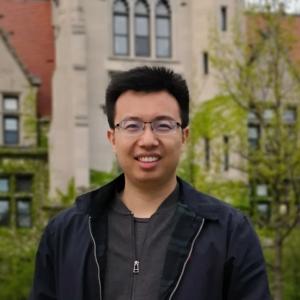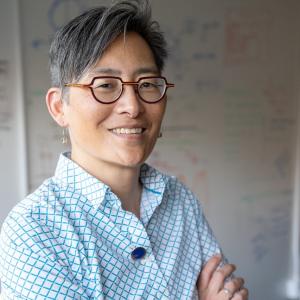Edwin Romeijn

Edwin Romeijn
Professor and School Chair
Edwin Romeijn is the H. Milton and Carolyn J. Stewart School Chair and Professor in the H. Milton Stewart School of Industrial and Systems Engineering at Georgia Tech.
His areas of expertise include optimization theory and applications. His recent research activities deal with issues arising in radiation therapy treatment planning and supply chain management. In radiation therapy treatment planning, his main goal has been to develop new models and algorithms for efficiently determining effective treatment plans for cancer patients who are treated using radiation therapy, and treatment schedules for radiation therapy clinics. In supply chain optimization, his main interests are in the integrated optimization of production, inventory, and transportation processes, in particular in the presence of demand flexibility, limited resources, perishability, and uncertainty.
He previously served as Program Director for the Manufacturing Enterprise Systems, Service Enterprise Systems, and Operations Research programs at the National Science Foundation, and as Professor and Richard C. Wilson Faculty Scholar in the Department of Industrial and Operations Engineering at the University of Michigan. Before joining the University of Michigan in 2008, he was on the faculty of the Department of Industrial and Systems Engineering at the University of Florida and the Rotterdam School of Management at the Erasmus University Rotterdam in The Netherlands.
He is a Fellow of the Institute of Operations Research and the Management Sciences (INFORMS) and the Institute of Industrial & Systems Engineers (IISE), and a member of the Mathematical Optimization Society (MOS), Society of Industrial and Applied Mathematics (SIAM), and the American Association of Physicists in Medicine (AAPM).
IRI Connections:







